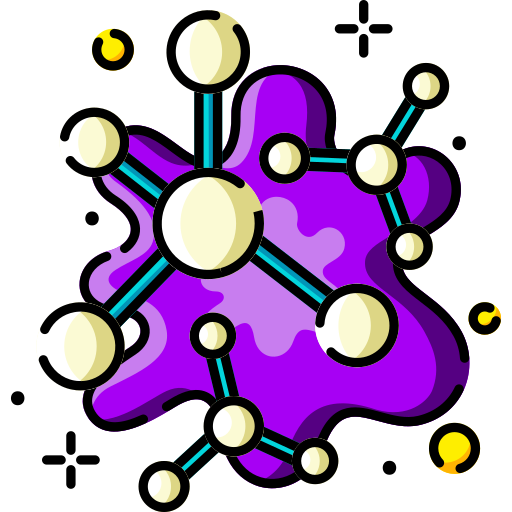What are exosomes?
Exosomes are small, lipid-bound vesicles that are secreted by various types of cells, including stem cells. They contain a variety of proteins, lipids, and nucleic acids that can influence cellular behavior and modulate the immune system.
How does exosome therapy work?
Exosome therapy involves the use of exosomes to stimulate tissue repair and regeneration. Exosomes are thought to work by transferring their contents to target cells, which can then use these molecules to promote healing and repair.
Exosome Therapy for Injuries
Exosome therapy has been studied as a potential treatment for various types of injuries, including musculoskeletal injuries and skin wounds. In animal studies, exosome therapy has been found to promote tissue repair and regeneration, leading to faster healing and improved outcomes.
Exosome Therapy for Inflammatory Conditions
Exosome therapy has also been studied as a potential treatment for inflammatory conditions, such as rheumatoid arthritis and inflammatory bowel disease. In animal studies, exosome therapy has been found to reduce inflammation and promote tissue repair, leading to improved outcomes.
Exosome Therapy for Neurodegenerative Diseases
Exosome therapy has also been studied as a potential treatment for neurodegenerative diseases, such as Alzheimer’s and Parkinson’s. In animal studies, exosome therapy has been found to improve cognitive function and reduce symptoms of these diseases.
Side Effects of Exosome Therapy
Exosome therapy is generally considered safe, with few side effects reported. However, because it is a relatively new field of medicine, more research is needed to fully understand its safety profile.
Conclusion
Exosome therapy is a promising field of regenerative medicine that has the potential to treat a wide range of conditions, including injuries, inflammation, and degenerative diseases. It works by using exosomes to stimulate tissue repair and regeneration, leading to improved outcomes. While exosome therapy is generally considered safe, it is important to use it under the supervision of a qualified healthcare provider to monitor for any potential side effects and ensure proper dosage.


